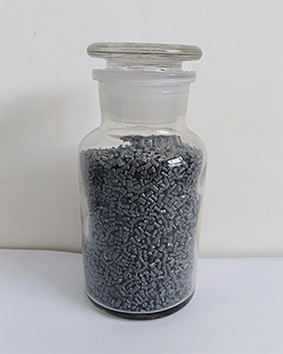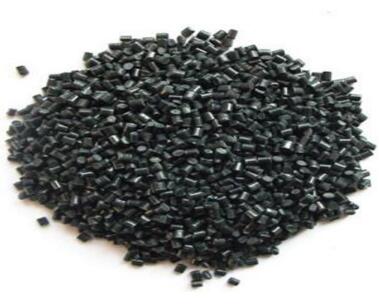Quality control of recycled plastic pellets is a systematic process that requires comprehensive consideration from raw material selection, control during production, to final testing and evaluation. The following are the detailed quality control measures for recycled plastic pellets:
I. Raw material screening and testing
Classification and sorting: Firstly, the recycled waste plastics need to be classified and sorted, and different types of waste plastics are divided into different grades.
Meticulous inspection and screening: For each grade of waste plastics, carry out meticulous inspection and screening to remove debris, foreign matter, pollutants and so on.
Combination of raw materials: Combine the screened raw materials to make their composition and varieties meet the processing requirements.
Second, the production process control
Maintenance and renewal of equipment and facilities: production equipment should be regularly maintained, inspected and tested before use to ensure the availability of equipment and operational quality. At the same time, according to the production situation to strengthen the equipment transformation and optimisation, improve production efficiency and product quality.
Melt filtration: In the process of melt extrusion, add screens, filters and other equipment to filter the melt, remove the organic impurities, inorganic impurities, metal impurities, etc., and retain qualified plastic particles. This helps to reduce the viscosity of the melt, reduce the failure rate of the product and improve the mechanical properties of the product.
Processing process control: Adjust the processing process according to the nature of the material, such as temperature, pressure, speed and so on. At the same time, regular sampling and testing of the product to ensure that the quality of the product meets the standards.
Third, physical property test
In order to ensure that the mechanical properties of recycled plastics meet the processing requirements, it is necessary to carry out physical property tests, such as thermal stability test, mechanical properties test, coefficient of thermal expansion test and so on. These tests can obtain the strength, toughness, heat resistance and other physical performance parameters of the material, which are used to determine the applicability and performance level of the plastic material.
Fourth, chemical performance test
Recycled plastic pellets should also comply with the appropriate chemical performance standards, such as heat resistance, corrosion resistance, weather resistance, etc. These chemical performance tests can ensure that the recycled plastic material is suitable for use. These chemical property tests ensure that the recycled plastic pellets have stable performance under specific environments.
V. Appearance Quality Inspection
The appearance of the recycled plastic pellets needs to meet certain standards, such as colour, transparency, surface finish, etc. The appearance of the pellets can be checked by visual inspection. These appearance quality indicators can be tested by visual inspection or relevant instruments.
Sixth, impurity content control
Plastic recycled particles in the impurity content needs to be controlled within a certain range, such as metal impurities, organic impurities and so on. Through strict screening and filtering process, the impurity content can be effectively controlled to ensure the quality of recycled plastic pellets.
VII. Environmental Impact Assessment
During the production process, attention should also be paid to the impact of recycled plastic pellets on the environment. This includes the use of environmentally friendly production processes and equipment to reduce the discharge of pollutants such as waste water, waste gas and waste residue. At the same time, the waste produced in the production process should be classified and recycled to reduce the negative impact on the environment.
In summary, the quality control of recycled plastic pellets needs to start from many aspects, including raw material screening, production process control, physical property testing, chemical property testing, appearance quality inspection, impurity content control and environmental impact assessment. Through comprehensive quality control measures, the quality of recycled plastic pellets can be ensured to be stable and reliable to meet the market demand.
Professional production--global recycling standard GRS certification






 Current location:
Current location:





